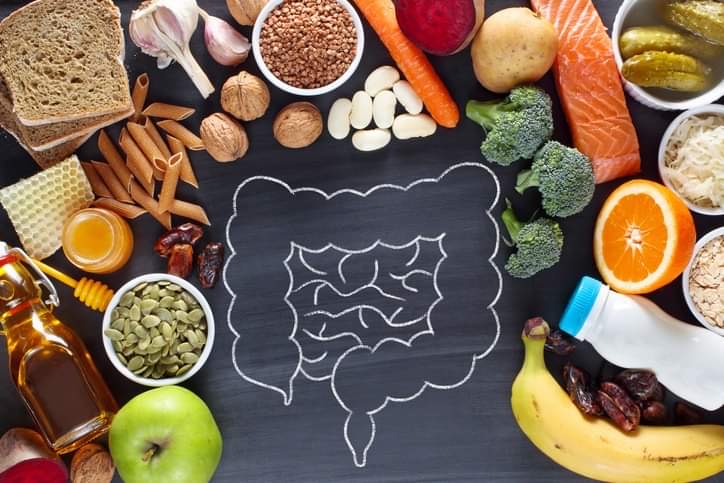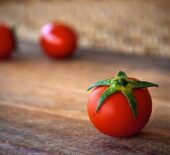While many of us would prefer to stay young forever, it is important to remember that getting older is a privilege. By making smart lifestyle choices you can age with vitality and a healthy body. Your gut is no exception to this. It may surprise you to know that it has been reported that in Western societies after the age of eighty over sixty five percent of people will have diverticula.
Diverticula are herniations of the mucosa and submucosa protruding through the outer muscular layer of the gastrointestinal tract. This occurs due to weaking in your intestines which protrude outwards and form a pouch. When you have diverticula present in your intestines you have a condition called diverticulosis.
Most people with diverticulosis will experience symptoms but unfortunately, a small percentage of people will suffer from uncomfortable symptoms such as abdominal cramps, constipation, diarrhoea, and bloating. If the diverticula pouches become inflamed and infected this becomes a condition called diverticulitis. This can cause extreme abdominal pain, significant bowel habit changes, nausea, and fever.
The health of your gut if impacted by many factors. Ways you can help to promote the longevity of your gut includes including regular exercise in your day, choosing not to smoke, not straining when you go to the toilet, as well as your diet choices. Aiming to include enough dietary fibre each day is one key component of keeping your gut healthy. Fibre helps to increase the bulk of your stool which makes it easier for your bowel muscles to move it along and reduces pressure on your colon.
Foods which include dietary fibre include plant-based foods such as wholegrains, nuts, seeds, legumes, beans, fruits, and vegetables. An adult is recommended to have between twenty-five to thirty-eight grams of dietary fibre each day.
In addition to including enough fibre, it important to make sure that you are drinking enough fluids to help the fibre function to promote the health of your gut as well as to keep your gut functioning optimally. Aiming for thirty-five mills per kilogram of body weight before accounting for additional needs around exercise can be a good starting point. For each hour of exercise, it is recommended to include between six hundred to eight hundred mills of fluids. Also, checking the colour of your urine, if it is darker than a pale yellow this means that you need to be drinking more.
Take home message: Aging with health and vitality is possible. Choose lifestyle habits which support the health of your body and its systems which includes the health of your gut.
References:
- Tursi A. Diverticulosis today: unfashionable and still under-researched. Therap Adv Gastroenterol. 2016 Mar;9(2):213-28. doi: 10.1177/1756283X15621228. PMID: 26929783; PMCID: PMC4749857.
- Adolfo Pisanu, Valentina Vacca, Isabella Reccia, Mauro Podda, Alessandro Uccheddu, "Acute Diverticulitis in the Young: The Same Disease in a Different Patient", Gastroenterology Research and Practice, vol. 2013, Article ID 867961, 6 pages, 2013. https://doi.org/10.1155/2013/867961
- Diverticulitis. Mayo Clinic. https://www.mayoclinic.org/diseases-conditions/diverticulitis/symptoms-causes/syc-20371758
- Understanding Diverticulosis, American Society for Gastrointestinal Endoscopy, https://www.asge.org/home/for-patients/patient-information/understanding-diverticulosis
- Nallapeta NS, Farooq U, Patel K. Diverticulosis. [Updated 2022 Sep 19]. In: StatPearls [Internet]. Treasure Island (FL): StatPearls Publishing; 2022 Jan-. Available from: https://www.ncbi.nlm.nih.gov/books/NBK430771/








